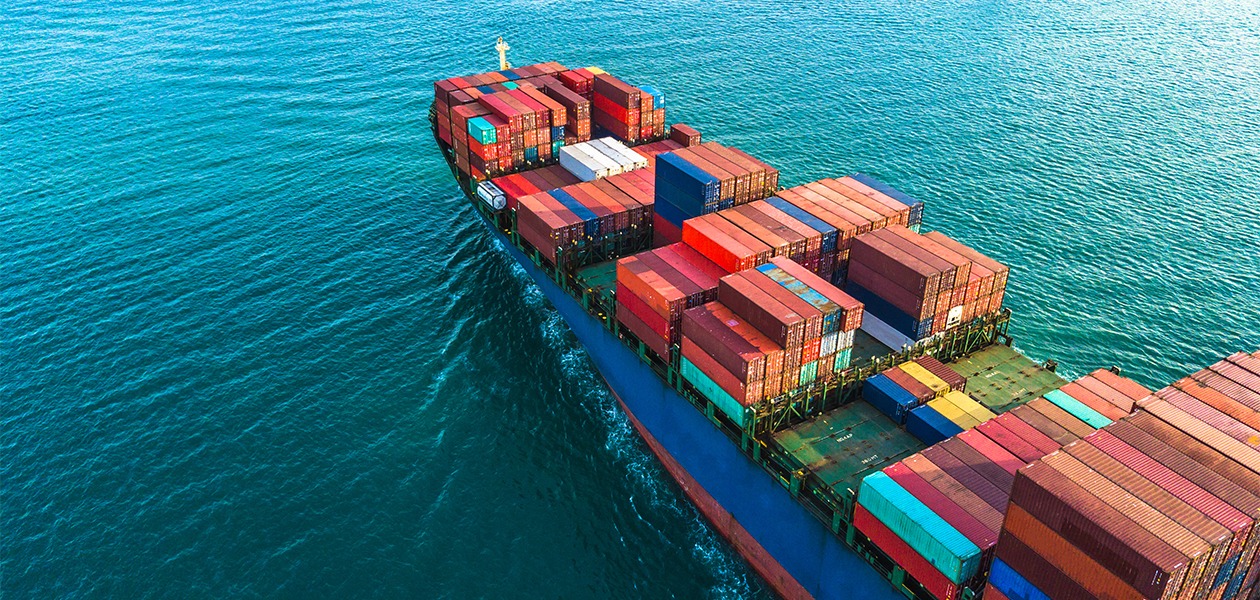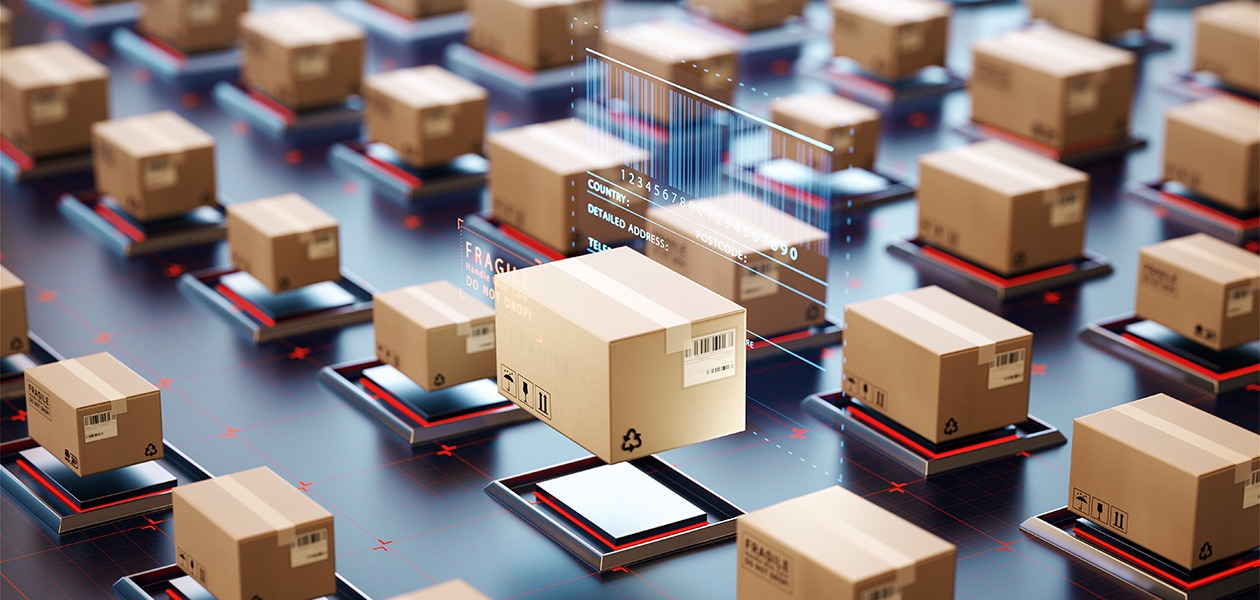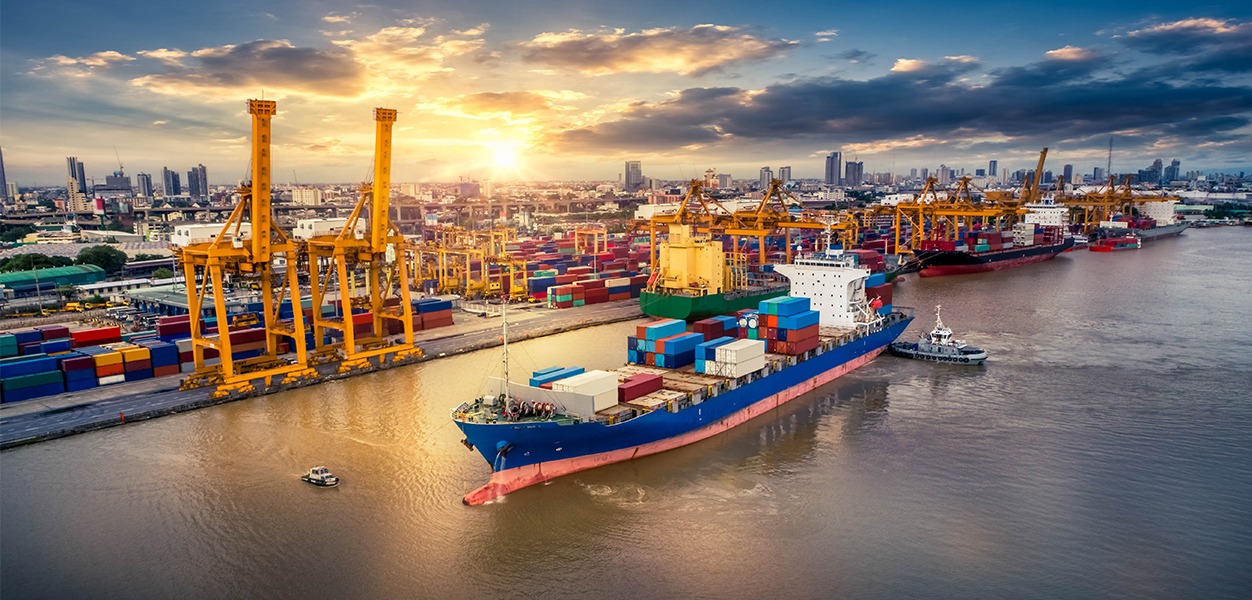Global Trade Gets a Digital UpgradeDevelop innovative digital solutions through the Trade & Connectivity Challenge and take Singapore’s vibrant trade ecosystem to the next level.As the first Southeast Asian country with a container port, Singapore has cemented its place as a strategic trade hub over the decades. In a biennial ranking of the world’s leading maritime capitals, the Republic has clinched the top spot four times. But with the pandemic significantly disrupting the world’s supply chains, innovative ideas are needed to ensure the resilience of Singapore’s global trade ecosystem.
By tapping upon emerging fields like the Internet of Things (IoT) and big data analytics, companies in sectors from aviation, maritime, land mobility, logistics and even trade can recalibrate their operations for a post-COVID world. Hence, Enterprise Singapore and IPI has jointly launched the Trade & Connectivity Challenge (TCC 2020) to drive partnerships and digital innovation across sectors involved in global trade and logistics. With double the number of challenge sponsors and close to 30 challenge statements, this year’s TCC promises more opportunities for collaboration than before.

Two Tracks to Success
Building upon last year’s competition, TCC 2020 has now expanded to two challenge tracks: Enterprise and Industry. Both tracks will focus on solutions that leverage IoT, big data analytics and post-COVID sustainability.
The Enterprise track, which focuses on corporate-level issues, gives local and international startups the unique opportunity to co-develop innovative solutions with challenge partners. Through paid trials, the shortlisted startups will be able to deploy and assess the effectiveness of their solutions in real business settings. The winner of the Enterprise track will not only receive a S$30,000 grant, but also a fast track to SLINGSHOT 2020 - Asia’s premier deep tech startup competition.
Meanwhile, reflecting the nationwide push to encourage innovation and build resilience, the Industry track was launched this year to explore solutions that can be scaled up for industry-wide applications. As part of the National Innovation Challenges, each challenge statement under this track will receive up to S$2 million in co-funding grant support from prototyping all the way to adoption.

Taking Connectivity to the Next Level
In a world where Amazon’s Alexa is literally a household name, it’s clear that IoT has hugely impacted our daily lives. IoT refers to a sprawling network of physical devices connected to the Internet and to each other. This allows information from the devices to be collected and analysed in real-time, offering insights into performance and creating opportunities for optimisation.
More global trade companies are now seeking to integrate IoT into their operations as the industry shifts its focus towards greater efficiency. By utilising IoT solutions, goods across the supply chain would be tracked more accurately and logistics services could be deployed more efficiently.Consider the challenges faced by Singapore Post (SingPost) in their day-to-day deliveries. SingPost processes up to 3 million mail items daily, with most of these items being ordinary mail that cannot be tracked by the consumer. To better serve the public, SingPost is using TCC 2020’s Enterprise track to search for a cost-effective solution that allows the sender to track his mail item until it reaches the letterbox. The solution could take the form of a device to be retrofitted onto existing letterboxes, or a smart wearable for the postal carrier. According to a SingPost spokesperson, if this solution is realised, Singapore would be the first in the world to offer tracked ordinary mail services to the masses.
IoT can also be used to allocate resources more effectively within organisations. Existing workforce management solutions, for instance, are unable to factor in the realities of the post-COVID workplace like social distancing and workforce segregation. Accordingly, in the TCC 2020’s Industry track, Singapore’s largest homegrown supply chain solutions provider YCH Group is searching for an IoT solution that can track manpower and equipment, with the ability to quickly identify areas for adjustment if needed. Ideally, the solution should improve the productivity and working experience for YCH Group’s employees.

Big Data, Big Solutions
With its myriad of moving parts scattered across the world, the complexity of global trade makes it the perfect use case for big data. By aggregating large data sets to reveal patterns and trends, inefficiencies in the supply chain can be pinpointed—and even predicted beforehand. This allows companies in the global trade industry to proactively come up with ways to overcome these persistent obstacles.
PT Monotaro Indonesia (Monotaro) is an e-commerce company and a Joint Venture company of Monotaro Co.Ltd and Sumitomo Corporation Group. One bottleneck in their operations is item categorisation, which is currently a manual, time-consuming process. Unsurprisingly, the company has experienced numerous instances of incorrect categorisation due to human error. To reduce the frequency of labelling errors, Monotaro is seeking, through the TCC 2020’s Enterprise track, an artificial intelligence (AI)-powered system that can automatically categorise products received from suppliers. The system should be able to recognise visual and text data from suppliers, including the name, description and image.
At the shipping yards, surveyors are facing a different bottleneck of their own. Every day, a team of surveyors visually inspects 100 to 200 containers. Inspecting a perfect container takes 5 to 10 minutes, but inspections can take up to 40 minutes if the container is defective to a serious extent. With around one-third of the containers expected to have defects, these manual inspections can be a lengthy and laborious process. Moreover, the surveyors are subjecting themselves to higher workplace safety risks as they have to work at heights. Therefore, in the TCC 2020’s Industry track, the Container Depot & Logistics Association of Singapore (CDAS) is searching for a solution that can detect, assess and classify container defects remotely to shorten the inspection process and reduce the risks faced by surveyors.
---
With the unparalleled opportunity to co-develop, deploy and adopt innovative digital solutions for global trade, there are no trade-offs to joining TCC 2020! Proposal submissions for the Enterprise and Industry track close on 29 September and 15 October 2020 respectively. If you have any queries about TCC 2020, please email [email protected] for general enquiries and [email protected] for technical assistance.

